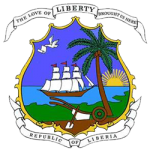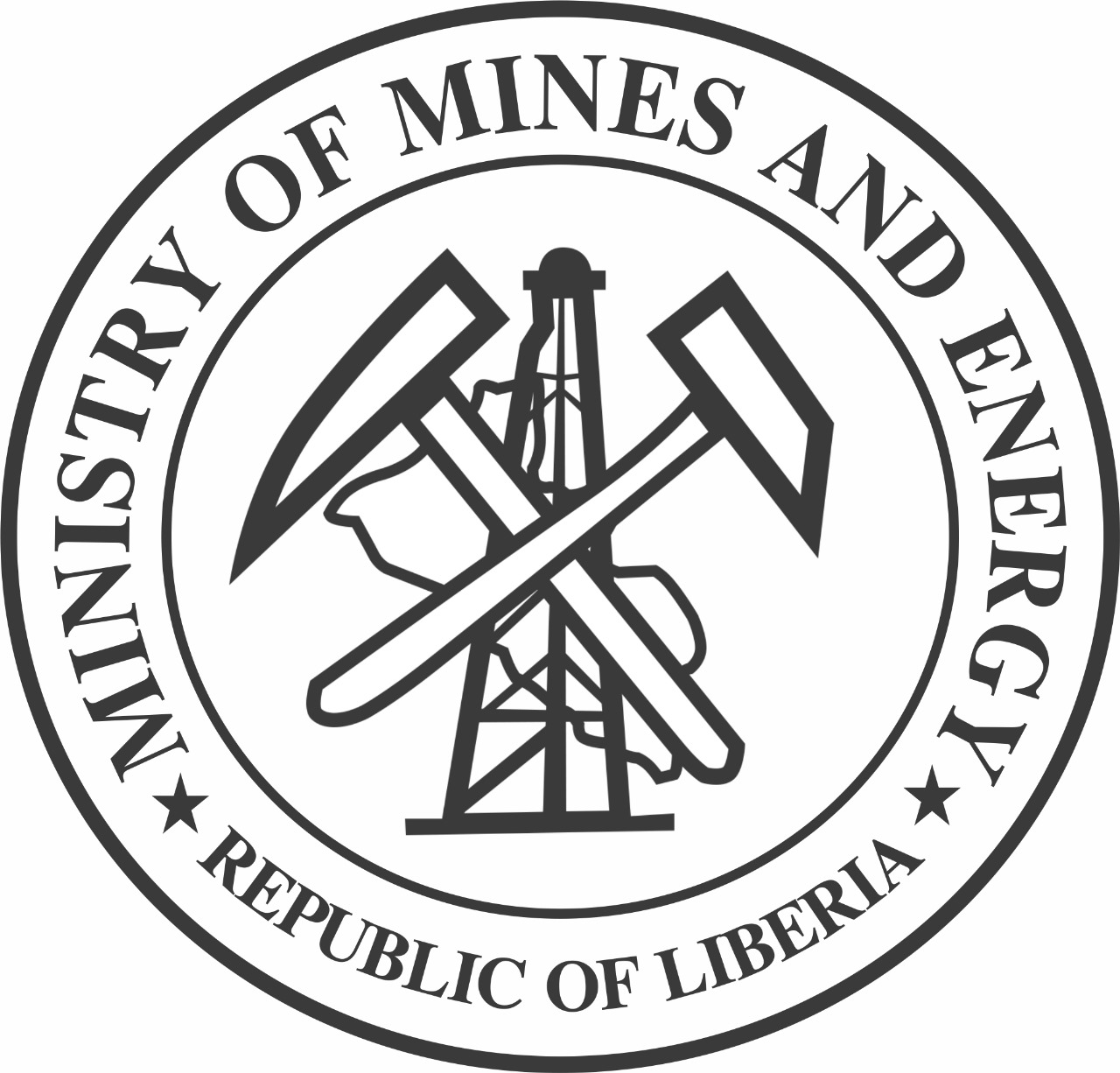



The Deputy Minister for Operations is a pivotal figure within the Ministry, tasked with overseeing the operational aspects of both the Department of Mines and the Department of Explorations. This role encompasses a wide range of activities, from strategic planning and policy formulation to the implementation and evaluation of projects.
The Deputy Minister works closely with various stakeholders, including government officials, private sector representatives, and civil society, to ensure the effective management of mineral resources.
Key Responsibilities:
1. Leadership and Governance
The Deputy Minister for Operations provides leadership within the Department of Mines and the Department of Explorations. This involves:
• Strategic Planning: Developing long-term strategies that align with national goals for resource management.
• Policy Development: Formulating policies that guide the sustainable exploitation of mineral resources.
• Governance Structures: Establishing governance frameworks that ensure transparency, accountability, and stakeholder engagement.
2. Coordination of Technical Activities
A significant part of the Deputy Minister’s role is coordinating technical activities
across various sectors. This includes:
• Inter-Ministerial Collaboration: Chairing the Inter-Ministerial Technical Committee, which facilitates collaboration among different ministries to address shared challenges in the mining sector.
• Technical Support: Providing guidance and technical assistance to public corporations and parastatals involved in mining and exploration activities.
• Sector Assessments: Conducting assessments to identify gaps in technical capacity and implementing measures to address these gaps.
3. Policy Formulation and Evaluation
The Deputy Minister is directly involved in the formulation, monitoring, and evaluation of sector policies. This includes:
• Research and Analysis: Conducting research to inform policy decisions, including market analysis, environmental impact assessments, and social implications of resource extraction.
• Stakeholder Engagement: Engaging stakeholders to gather input on policy proposals, ensuring that the views of communities, industry, and civil society are considered.
• Monitoring and Evaluation: Developing frameworks for monitoring the implementation of policies and evaluating their effectiveness in achieving desired outcomes.
4. Project Management
The Deputy Minister oversees the planning, design, and execution of projects within the ministry. Key activities include:
• Project Identification: Identifying priority projects that align with national development goals and sector needs.
• Resource Allocation: Ensuring that financial and human resources are allocated effectively to support project implementation.
• Monitoring Progress: Regularly assessing project progress and making adjustments as necessary to ensure objectives are met.